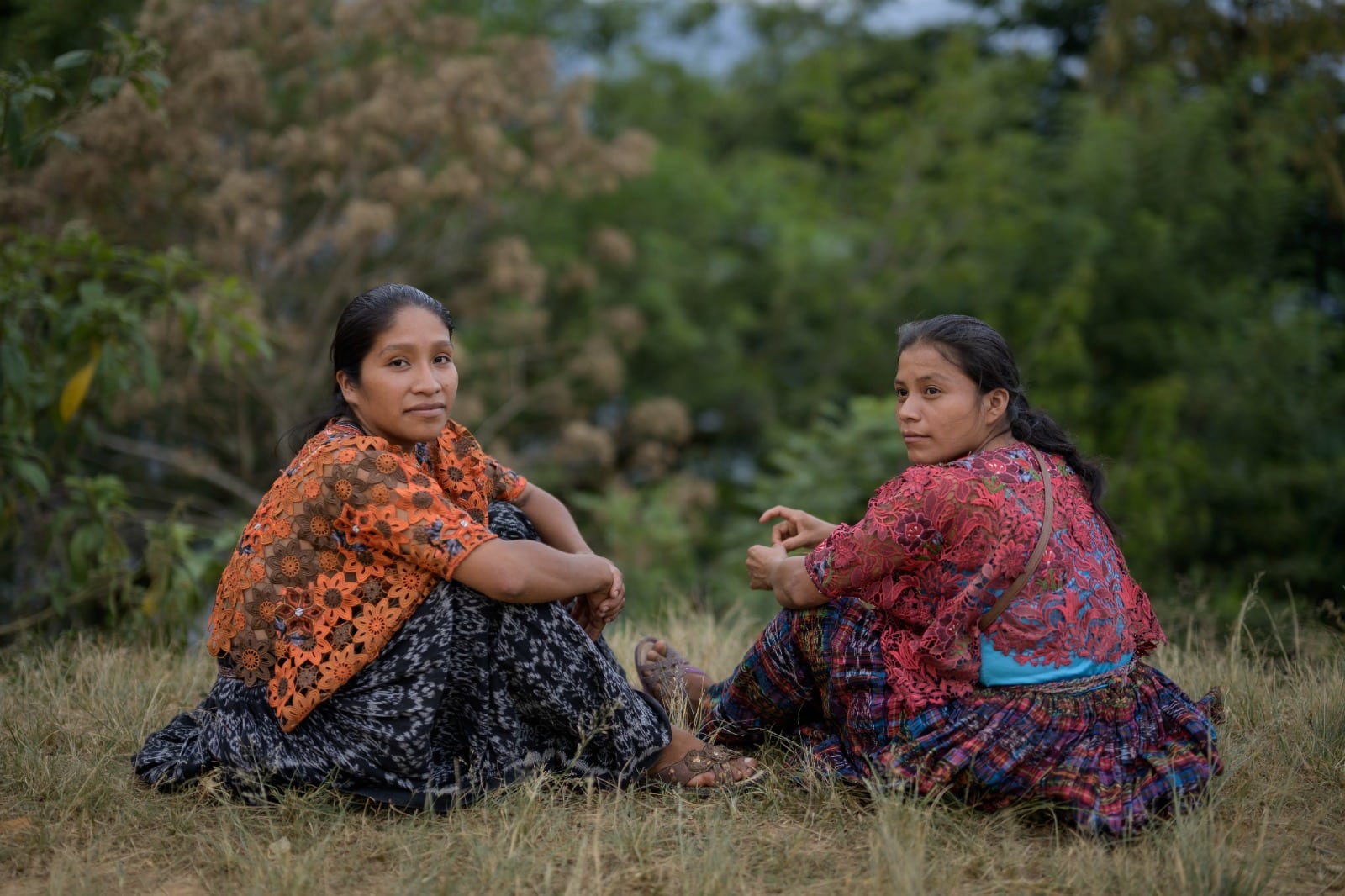
Although Guatemalan migrants are citizens who have made an enormous effort to reach the United States and have the necessary means to survive and send help to their families in Guatemala, they have become the most forgotten by the State and by the candidates for the presidency of Guatemala.
As Dr. Sula Rold, academic and migration specialist, said in an interview for Community Press in collaboration with Pen sula 360 Press and Global Exchange, where it was stated that only five of the 23 parties that aspire to the presidency on June 25 have spoken out on the subject of migration.
In the context of the general elections in Guatemala, the expert explained that the Semilla Movement consulted with academics about the policies to be implemented with the migrant population, while parties such as Winaq, URNG and MLP approached migrant organizations, especially indigenous populations, in the United States.
